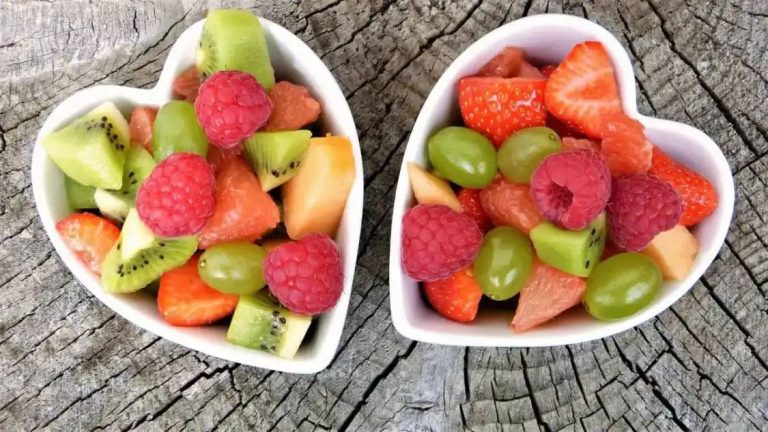Children love it, adults carry it in their backpacks, and families serve it for snacks when the options are limited. A fruitcake enjoys all sorts of love across the world. Video Credit: Chef Ranveer Brar/ YouTube The baked sweet dish has a simple recipe that has been experimented with by home chefs and bakers for centuries and decades. Today, it can be made in various flavours by adding a variety of fruits. However, only a few know how the traditional Roman dish transcended boundaries and made everyone its fan. This article traces the migration history of fruit cake to understand the secrets behind its popularity around the world. Origins Of Fruitcake If historical texts are to be believed, the fruitcake originated in the ancient period. According to popular folklore, Roman soldiers used to carry it with them. The traditional recipe had pomegranate seeds, barley, pine nuts, honeyed wine, and raisins. It had a long shelf life due to which soldiers were able to sustain it without going hungry on a mission. In Rome, these fruitcakes were referred to as satura. Jalebi: Tracing The Path Of Sweet Dish From Persia To India Fruitcake Arrived In England The mediaeval texts indicate that plum-based fruitcakes became quite famous in England, especially around Christmas. When devotees used to fast, they followed the ritual of devouring fruitcakes to break them. In the 16th century, spices arrived in England from Asia, and a new variety of spiced fruitcakes came into existence.

Eating the right kinds of fruits is very important for maintaining gut health and healthy digestion. Berries, bananas, and apples are examples of fruits high in dietary fiber that support a healthy digestive system and help regulate bowel movements.
Plus, fruits serve as a natural source of antioxidants and enzymes, which help in digestion and promote intestinal health.
By adding a range of fruits to your diet, you can also support a balanced and healthy gut health by helping increase the variety of bacteria that live there. To enhance your overall well-being and digestive health, consider opting for a piece of fruit the next time you’re craving a snack. Here is a list of fruits you should include in your diet for better gut health and a healthy digestive system:
Papaya
Papayas contain abundant proteolytic enzymes such as papain and chymopapain, which help in food digestion by breaking down proteins. They are also rich in vitamins A, B, and C, which help eliminate toxins. People with digestive issues reported experiencing reduced bloating, constipation, and heartburn after eating papayas, according to NIH.
Banana
Bananas are a nutritious food that aids in the digestion of carbohydrates and promotes regular bowel movements. They are high in fiber and pectin, tasty, easy to chew, and have a low glycemic index.





